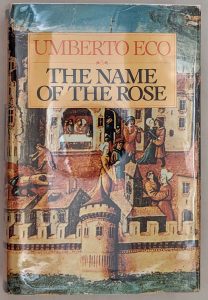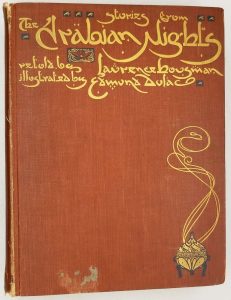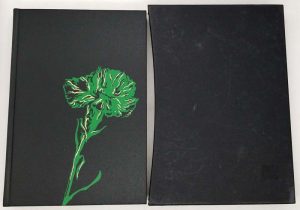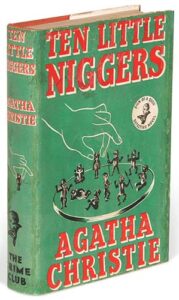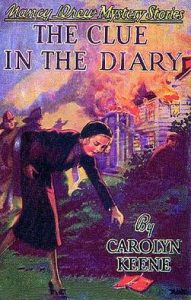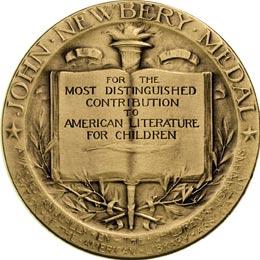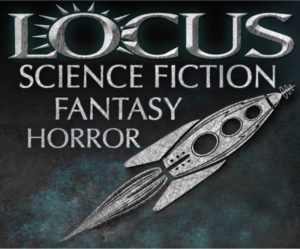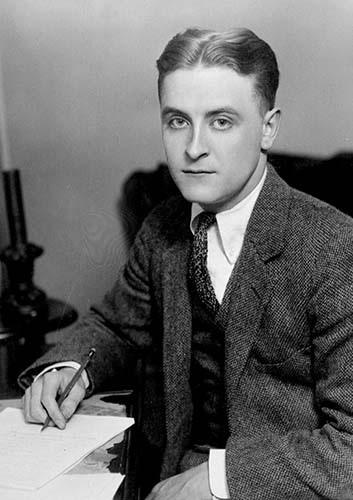
Francis Scott Key Fitzgerald (1896 – 1940) was an American novelist, essayist, screenwriter, and short story writer. He was best known for his novels depicting the flamboyance and excess of the Jazz Age—a term which he popularized. During his lifetime, he published four novels, four collections of short stories, and 164 short stories. Although he temporarily achieved popular success and fortune in the 1920s, Fitzgerald only received critical acclaim after his death and is now widely regarded as one of the greatest American writers of the 20th century.
Born into a middle-class family in St. Paul, Minnesota, Fitzgerald was primarily raised in New York. He attended Princeton University, but due to a failed relationship with socialite Ginevra King and a preoccupation with writing, he dropped out in 1917 to join the United States Army. While stationed in Alabama, he romantically pursued Zelda Sayre, a Southern debutante who belonged to Montgomery’s exclusive country club set. Although she initially rejected him due to his lack of financial prospects, Zelda agreed to marry Fitzgerald after he had published the commercially successful This Side of Paradise (1920). The novel became a cultural sensation and cemented Fitzgerald’s reputation as one of the eminent writers of the decade.
His second novel, The Beautiful and Damned (1922), further propelled him into the cultural elite. During this period, Fitzgerald frequented Europe, where he befriended modernist writers and artists of the “Lost Generation” expatriate community, including Ernest Hemingway. His third novel, The Great Gatsby (1925), received generally favorable reviews but was a commercial failure, selling fewer than 23,000 copies in its first year. Despite its lackluster debut, The Great Gatsby is now widely praised, with some labeling it the “Great American Novel”. Following the deterioration of his wife’s mental health and her placement in a mental institute for schizophrenia, Fitzgerald completed his final novel, Tender Is the Night (1934).
Struggling financially due to the declining popularity of his works amid the Great Depression, Fitzgerald turned to Hollywood, writing and revising screenplays. While residing in Hollywood, he cohabited with columnist Sheilah Graham, his final companion before his death. After a long struggle with alcoholism, he finally attained sobriety only to die of a heart attack in 1940, at the age of 44. An unfinished fifth novel, The Last Tycoon (1941), was completed by his friend Edmund Wilson and published after Fitzgerald’s death.
F. Scott Fitzgerald – First Editions Identification Guide
| Year | Title | Publisher | First edition/printing identification points |
|---|---|---|---|
| 1920 | This Side of Paradise | New York: Scribners, 1920 | Dark green cloth. "Published April, 1920" with the Scribner's Seal and no statements of reprintings. Dust Jacket front flap has blurb for This Side of Paradise; back flap has ad for Scribner's Magazine. Rear panel has list of sixteen titles, starting with "Blacksheep!" and ending with "Hiker Joy". |
| 1920 | Flappers and Philosophers | New York: Scribners, 1920 | Dark green cloth. "Published September 1920" with the Scribner's Seal and no statements of reprinting. Dust Jacket front flap lacks critical review, no statement of printing. Dust Jacket spine lettered in black, back has ads, fourteen titles beginning with "Erskine Dale - Pioneer" and ending with "On a Passing Frontier". Front flap has Flappers and Philosophers blurb; rear flap has This Side of Paradise blurb. |
| 1922 | The Beautiful and Damned | New York: Scribners, 1922 | Dark green cloth. "Published March, 1922" on the © page and no statements of reprintings. Dust Jacket front flap has blurbs for 5th printing of Flappers & Philosophers and twelfth printing of This Side of Paradise; back flap has ten Scribners title. Back panel has signed photo of Fitzgerald with blurbs. |
| 1922 | Tales of the Jazz Age | New York: Scribners, 1922 | Dark green cloth. "Published September, 1922" with the Scribner's Seal and no statements of reprintings. Dust Jacket front flap has blurb for the Beautiful and Damned; back flap has blurbs for fifth printing of Flappers & Philosophers and thirteenth printing of This Side of Paradise. Back panel has excerpts from Fitzgerald's annotated contents. |
| 1925 | The Great Gatsby | New York: Scribners, 1925 | Dark green cloth. Title page date 1925, © page has 1925, Charles Scribner's Sons seal and no subsequent printing statements. Dust Jacket price of $2.00, back panel has lowercase "j" in "jay Gasby", hand corrected in ink to "J" in most copies. |
| 1926 | All the Sad Young Men | New York: Scribners, 1926 | Dark green cloth. Three printings, priority as listed:
|
| 1934 | Tender Is the Night | New York: Scribners, 1934 | Dark green cloth. © page has 1934 date with "A" and Charles Scribner's Sons seal. Dust Jacket front flap has blurbs by T. S Eliot, H. L. Mencken and Paul Rosenfeld; back flap list books by Fitzgerald. Back panel has profile of Fitzgerald and blurbs for Tender is the Night. Later jacket has blurbs by Padraic Column, Gilbert Seldes and Marjorie Kinnan Rawlings on front flap. |
| 1935 | Taps at Reveille | New York: Scribners, 1935 | Dark green cloth. © page has 1935 date with "A" and Charles Scribner's Sons seal. Two issues, priority as listed:
|
| 1941 | The Last Tycoon | New York: Scribners, 1941 | Dark blue cloth. © page has last date of 1941 with "A" and Charles Scribner's Sons seal. Dust Jacket price of $2.75; front flap has blurb for The Last Tycoon; back flap has notes on Fitzgerald. Rear panel has photo of Fitzgerald by Eareackson. |
F. Scott Fitzgerald – First Printing Dust Jackets Identification Guide
Gallery of First state Dust Jackets of Fitzgerald’s works. Only includes the first appearance in book form. Either the UK or US edition and does not include later printings.
Reference:
- Wikipedia
- Matthew J. Bruccoli: F. Scott Fitzgerald, A Descriptive Bibliography.
